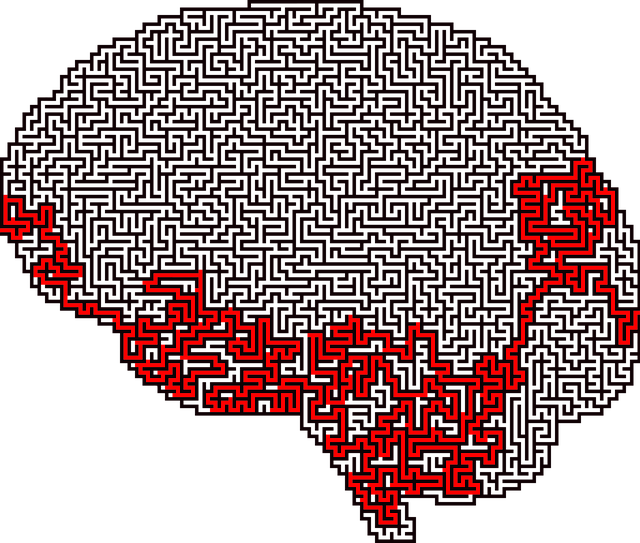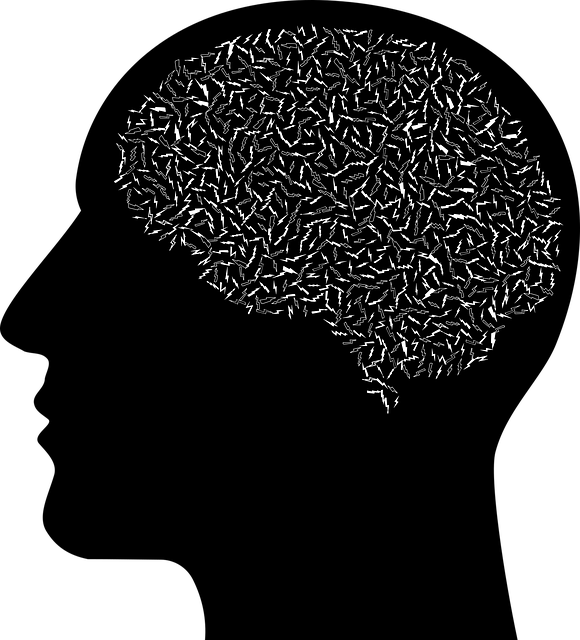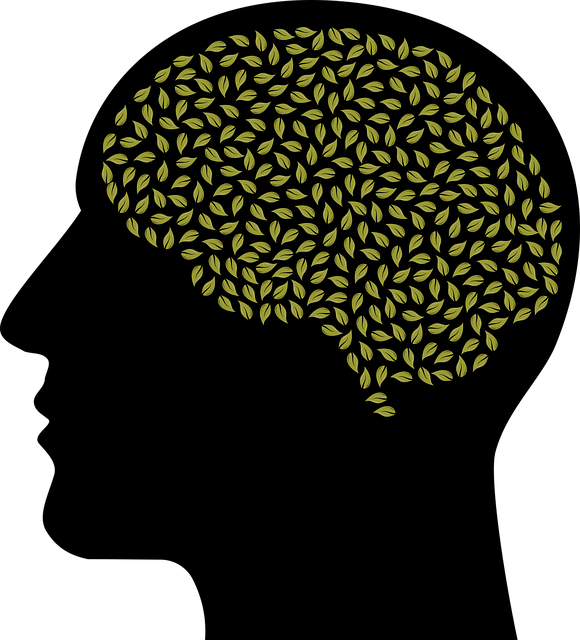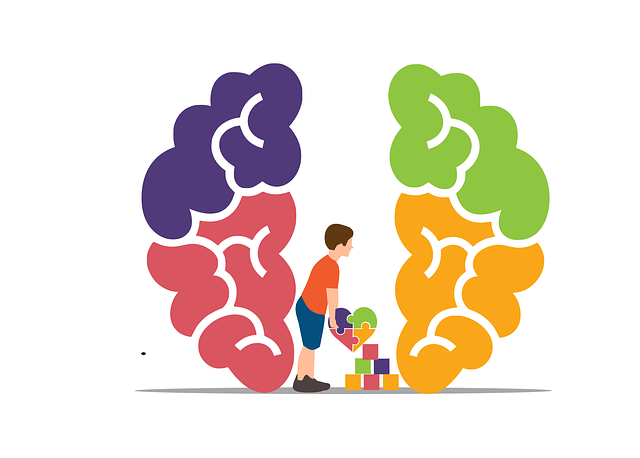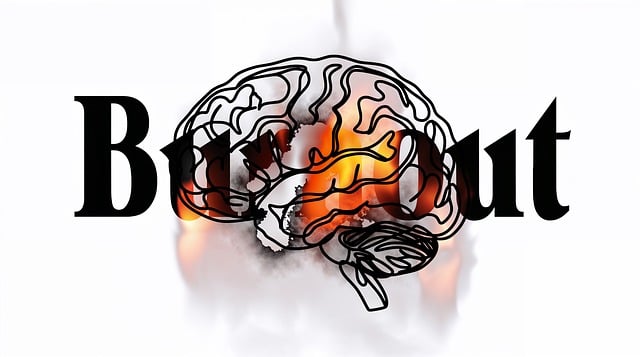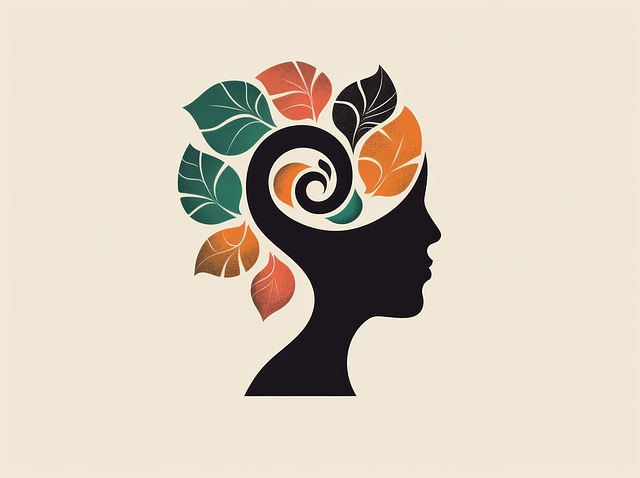Lone Tree EMDR Certified Therapy offers a comprehensive approach to emotional well-being, focusing on developing robust coping skills tailored to individual needs. By integrating evidence-based techniques like mindfulness and cognitive reframing, this therapy empowers clients to navigate stress, trauma, and adversity. With cultural sensitivity as a core principle, it fosters trust and engagement, enabling individuals to reclaim control over their emotional responses. Regular practice of these coping strategies enhances mental resilience, providing effective tools for managing life's challenges and promoting long-term healing.
Coping skills are essential tools for navigating life’s challenges. This article explores the development of these skills, highlighting their significance in mental well-being. We delve into the role of Lone Tree EMDR Certified Therapy, a powerful approach to cultivating effective coping mechanisms. Learn about personal coping styles, discover practical techniques, and gain tips for seamlessly integrating these strategies into daily life. Empower yourself with knowledge and tools that can enhance resilience and overall mental health through Lone Tree EMDR Certified Therapy.
- Understanding Coping Skills and Their Significance
- The Role of Lone Tree EMDR Certified Therapy in Developing Coping Mechanisms
- Identifying Personal Coping Styles and Strategies
- Practical Techniques for Enhancing Coping Skills
- Integrating Coping Strategies into Daily Life: Tips and Guidelines
Understanding Coping Skills and Their Significance

Coping skills are the strategies individuals use to navigate and manage life’s challenges, stress, and traumatic experiences. They serve as a person’s psychological toolkit for responding to various situations, especially during difficult times. These skills are essential for emotional well-being and resilience, enabling people to adapt and cope effectively with life’s ups and downs. In the context of mental healthcare, particularly when addressing complex issues like trauma, understanding these coping mechanisms is paramount.
Lone Tree EMDR Certified Therapy, for instance, focuses on assisting clients in developing robust coping strategies as a vital component of therapy. This approach recognizes that every individual has unique ways of processing and responding to traumatic events or stressful situations. By fostering cultural sensitivity within mental healthcare practice, therapists can tailor their support services to meet the diverse needs of their clients. Trauma support services that incorporate effective coping skills training not only enhance stress reduction methods but also empower individuals to reclaim control over their emotional responses, paving the way for long-term healing and personal growth.
The Role of Lone Tree EMDR Certified Therapy in Developing Coping Mechanisms

Lone Tree EMDR Certified Therapy offers a powerful approach to coping skills development, integrating evidence-based practices with mind over matter principles. This unique therapy focuses on helping individuals process traumatic memories and intense emotions, allowing them to build resilience and develop healthier coping mechanisms. By tapping into the brain’s natural healing abilities, clients can work through past experiences that may be holding them back, fostering a sense of empowerment.
The Cultural Sensitivity in Mental Healthcare Practice is a core aspect of this approach, ensuring that therapy aligns with the client’s cultural background and values. This personalized experience promotes trust and engagement, encouraging individuals to open up and explore their emotions safely. Additionally, Lone Tree EMDR Certified Therapists employ Conflict Resolution Techniques to help clients navigate internal conflicts and external challenges, providing them with practical tools to manage stress and adversity. Through this comprehensive method, individuals emerge with enhanced emotional intelligence and a stronger ability to cope with life’s demands.
Identifying Personal Coping Styles and Strategies

Understanding your personal coping styles is a crucial step in developing effective coping skills. This involves recognizing how you tend to respond to stress, challenges, or difficult emotions. Some individuals might find solace in solitary activities like hiking in nature (a concept often explored through Lone Tree EMDR Certified Therapy), while others thrive in social support networks. Identifying these patterns can help tailor coping strategies to your unique needs.
Embracing diverse coping mechanisms, such as mindfulness practices, cognitive reframing, or creative outlets, can be empowering. For mental health professionals, integrating these insights into their practice is essential for comprehensive risk management planning. Moreover, enhancing emotional intelligence through workshops and training sessions on stress management can equip individuals with the tools to navigate life’s complexities more effectively.
Practical Techniques for Enhancing Coping Skills

Practical Techniques for Enhancing Coping Skills
In the realm of emotional well-being, developing robust coping skills is akin to having a reliable navigation system in a bustling metropolis. Just as a GPS guides us through intricate labyrinths, effective coping strategies help individuals traverse life’s challenges and reach their destinations—inner peace and resilience. One proven method for cultivating these skills is Lone Tree EMDR Certified Therapy, which facilitates emotional healing processes by addressing past traumatic experiences. This therapy offers a transformative journey towards self-care practices and anxiety relief.
Through structured techniques, individuals learn to manage stress, regulate emotions, and cultivate positive thinking patterns. Simple yet powerful methods like mindfulness meditation, deep breathing exercises, and cognitive reframing allow for better coping during stressful situations. By integrating these practical techniques into daily routines, folks can revolutionize their approach to mental health, fostering a sense of calm amidst life’s storms.
Integrating Coping Strategies into Daily Life: Tips and Guidelines

Integrating coping strategies into your daily routine is a powerful step towards enhancing mental wellness and resilience. As a Lone Tree EMDR Certified Therapist, I often emphasize practical techniques to help individuals navigate life’s challenges effectively. One of the first steps is to identify which strategies resonate best with you; whether it’s mindfulness exercises, deep breathing, physical activity, or creative outlets like journaling.
Consistency is key; incorporating these practices into your everyday life fosters a sense of calm and control. For instance, start your day with a brief meditation or journaling exercise to set a positive tone. During stressful situations, utilize deep breathing techniques to ground yourself. Engaging in regular physical activity not only boosts confidence but also serves as an excellent emotional healing process. Remember, it’s about finding what works for you; through practice and patience, these coping strategies will become valuable tools in your mental wellness arsenal.
Coping skills development is a vital process for navigating life’s challenges. By understanding the significance of coping mechanisms, individuals can harness their resilience. Lone Tree EMDR Certified Therapy offers a powerful approach to cultivating effective coping strategies, enabling personal growth and improved mental well-being. Through identifying individual coping styles, learning practical techniques, and integrating these skills into daily routines, people can enhance their ability to manage stress, overcome obstacles, and lead more fulfilling lives.




